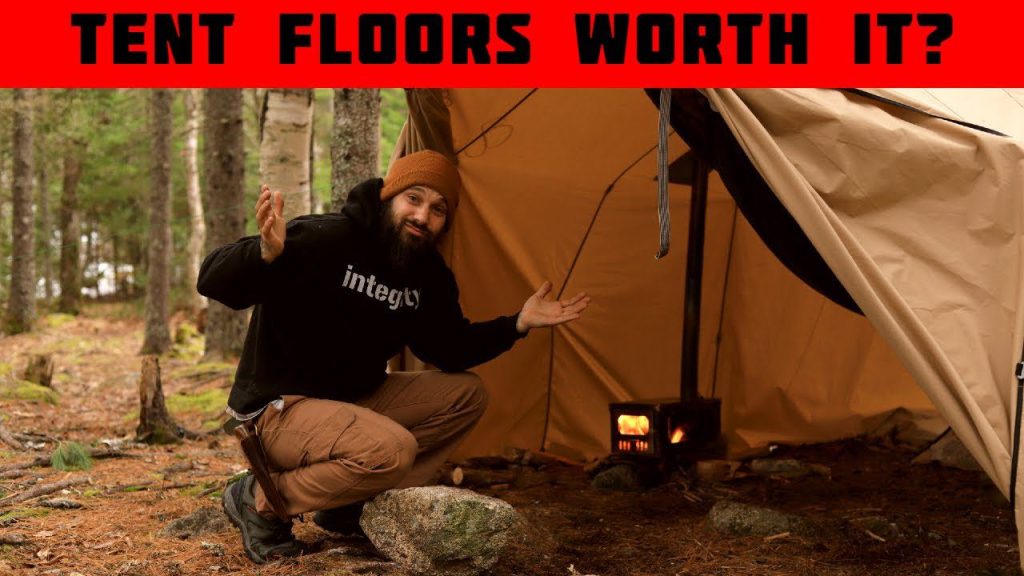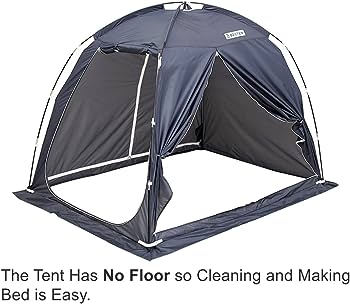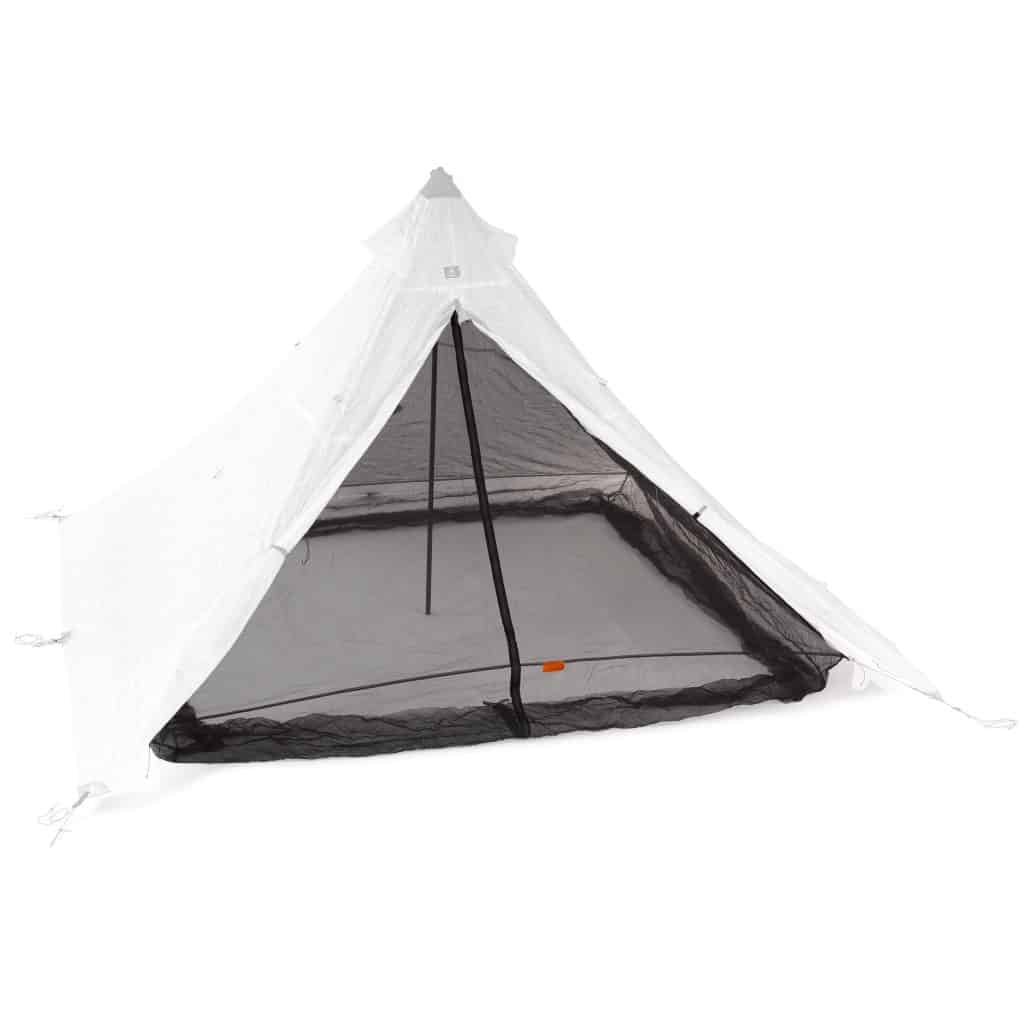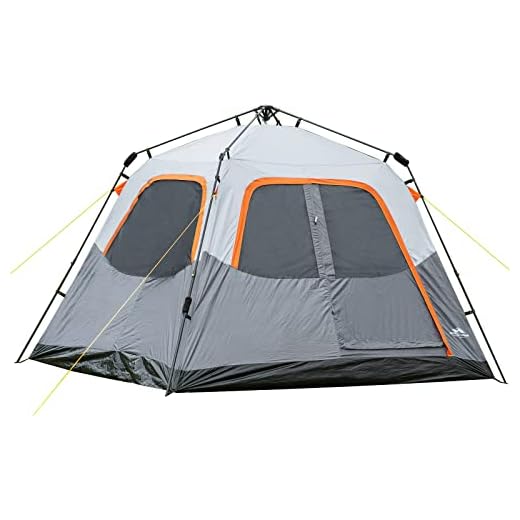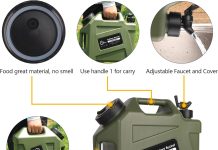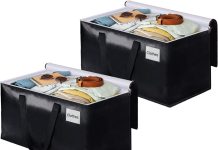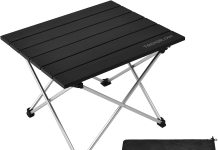Imagine the freedom of camping without the restrictions of a tent’s floor. Picture yourself lying under the stars, feeling the soft grass beneath you as you drift off to sleep.
In this article, we will explore the benefits of using a tent with no floor, from increased versatility to lighter packing, allowing you to truly connect with nature and experience the outdoors in a whole new way.
Say goodbye to the limitations of traditional tents and embrace the exhilarating possibility of a floorless adventure.
Review contents
Benefits of Using a Tent with No Floor
Lightweight and Portable
Regarding camping, one of the critical factors to consider is the weight and portability of your gear. Choosing a tent with no floor can significantly reduce the overall weight, making it easier to carry during hiking or backpacking trips.
Without the added weight of a built-in floor, you can enjoy a lighter load and move more freely on your adventures.
Versatility in Terrain
Camping in various terrains is part of the thrill and excitement of outdoor exploration. Opting for a tent with no floor gives you the advantage of increased versatility.
Whether camping on rocky terrain, sandy beaches, or soft grassy fields, a tent without a floor allows you to adapt and pitch your shelter without worrying about terrain limitations. This flexibility lets you explore diverse landscapes without any restrictions.
Easier Setup and Takedown
Setting up and taking down a tent can be time-consuming and sometimes frustrating. However, with a tent that lacks a floor, the process becomes much simpler and quicker.
You can save valuable time and energy without securing and fitting the floor properly. This convenience is especially beneficial when you’re on the move or facing unpredictable weather conditions.
Enhanced Ventilation
Ventilation is essential for a comfortable camping experience. During hot summer days or in humid environments, a tent with no floor provides improved airflow.
Without a floor, air can circulate more freely through the tent, preventing the build-up of heat and condensation. This feature not only ensures better breathability inside the tent but also helps to keep it cooler in warmer climates.
Cost-Effective Option
When purchasing camping gear, the cost is often a significant consideration. Opting for a tent with no floor can be cost-effective, especially if you own a ground cover or tarp. You can save money using your groundsheet on a tent with a built-in floor.
This budget-friendly option allows you to allocate resources to other camping essentials while enjoying a comfortable and reliable shelter.
Considerations When Using a Tent with No Floor
Insects and Wildlife
Although a tent with no floor provides increased ventilation, it exposes you more to insects and wildlife. Taking precautions to prevent unwanted visitors from entering your sleeping space is essential without a barrier between you and the ground.
Make sure to thoroughly inspect your campsite for any potential insect nests or webs, and consider using bug repellents and mosquito nets to maintain a peaceful night’s sleep.
Cold and Wet Conditions
In colder climates and wet weather, the absence of a floor in your tent can present challenges. Keeping the cold ground from affecting your body temperature is harder without a floor.
Insulating yourself from the cold is crucial by using suitable sleeping pads or camping mats that provide additional protection and insulation. In wet conditions, you may need to secure your gear and belongings to prevent them from getting damp or damaged.
Comfort and Insulation
While a tent with no floor offers benefits such as lightweight and versatility, it might not provide the same level of comfort as a tent with a built-in floor. The absence of a floor can make it challenging to maintain a level sleeping surface and protect against rough or uneven terrain.
To enhance comfort, consider using thicker camping mats or pads to provide insulation and cushioning. This will ensure a more comfortable night’s sleep, regardless of the type of ground you’re camping on.
Dust and Debris
When camping without a tent floor, you must be prepared for dust and debris entering your shelter. Keeping all the dust out in dry environments or areas with loose soil is nearly impossible.
However, using a groundsheet or tarp can create a barrier that helps minimize the dirt and debris entering your tent. Regularly sweeping or shaking out your gear can also help keep your sleeping area clean and free from unwanted particles.
Alternative Flooring Options
Tarps or Groundsheets
A tarp or groundsheet is a standard solution when camping with a tent without a built-in floor. These versatile materials can serve as a protective layer between the ground and your camping gear.
Tarps and groundsheets come in various sizes and materials, so you can choose the one that best suits your needs. Ensure to properly secure the edges of the tarp or groundsheet to prevent them from shifting during the night.
Camping Mats or Pads
To enhance comfort and insulation, camping mats or pads are excellent additions to your camping gear. These lightweight and compact accessories provide an extra cushioning layer between you and the ground.
Camping mats and pads are available in various thicknesses and materials, allowing you to choose the level of insulation and comfort that suits your preferences. A high-quality camping mat or pad can improve your overall sleeping experience.
DIY Solutions
If you’re feeling handy or want to save money, you can even create your flooring solution for your tent. You can build your insulation layer using materials such as foam tiles, interlocking floor mats, or thick blankets.
This DIY approach allows you to customize your tent floor’s dimensions, materials, and thickness, ensuring maximum comfort and protection.
Choosing the Right Tent for Your Needs
Tent Size and Capacity
When selecting a tent with no floor, it’s crucial to consider the size and capacity that will best accommodate your camping needs. Think about the number of people who will be sharing the tent and the amount of gear you’ll be bringing.
Ensure the tent provides enough space for everyone to sleep comfortably and store belongings. Additionally, consider the weight and portability of the tent, as this will affect its suitability for different camping trips.
Durability and Quality
Durability is a vital factor when choosing a tent, regardless of whether it has a floor. Look for tents made from high-quality materials that can withstand various weather conditions and rough use.
Reinforced stitching, durable zippers, and sturdy poles indicate a well-made tent. Investing in a tent that will stand the test of time and provide reliable protection during outdoor adventures is essential.
Weather Resistance
Camping often involves unpredictable weather conditions, so choosing a tent that can withstand the elements is crucial. Look for a tent with waterproof or water-resistant features, protecting you from rain and moisture.
Additionally, consider tents with good wind resistance and robust construction to ensure stability during gusty weather. Opting for a tent with proper weather resistance features will provide peace of mind and keep you dry and comfortable no matter the forecast.
Setting Up and Maintaining a Tent with No Floor
Site Selection
Choosing a suitable campsite is essential when setting up a tent with no floor. Look for a spot free from rocks, sticks, or other sharp objects that could puncture your groundsheet or irritate you during sleep.
Clear the area of any debris or sharp objects before setting up your tent to prevent damage and discomfort. If possible, try to find a spot with natural windbreaks or tree cover to provide additional shelter.
Securing the Tent
Properly securing your tent is crucial, mainly when using a tent with no floor. Ensure all the stakes are securely anchored in the ground and the guylines tightened to provide stability.
Pay attention to the tension of the guy lines to prevent the tent from sagging or collapsing. It’s also essential to properly stake down your groundsheet or tarp to keep it in place and avoid tripping hazards.
Cleaning and Storage
After each camping trip, cleaning and storing your tent correctly is essential to prolong its lifespan. Remove dirt or debris from the tent fabric and groundsheet before packing it. Allow the tent to air dry before packing it to prevent mold or mildew growth.
Store your tent in a cool, dry place to avoid damage from moisture or extreme temperatures. Taking care of your tent will ensure it remains in good condition and ready for your next adventure.
Tips for Camping with a Tent with No Floor
Pack Appropriately
When camping with a tent that lacks a floor, it’s essential to pack the appropriate gear and supplies. Bring a groundsheet, tarp, or alternative flooring option to provide a clean and comfortable sleeping area.
Consider bringing sealable bags or containers to protect your belongings from dust, dirt, and moisture. Packing strategically will help you stay organized and maintain a clean camping environment.
Properly Insulate the Tent
To ensure a comfortable night’s sleep, it’s important to properly insulate your tent when using a tent with no floor. Use thick camping mats, sleeping pads, or blankets to create a barrier between you and the ground.
This insulation layer will help keep you warm and protected from cold temperatures and provide cushioning against rough or uneven surfaces. Prioritize insulation to enhance your overall camping experience.
Secure Food and Garbage
When camping in the wild, securing your food and garbage is crucial to prevent attracting wildlife properly.
Keep all food in sealed containers or hang it safely from your tent. Dispose of trash or food waste in designated bins or by following proper camping protocols. Properly securing your food and garbage can minimize the risk of attracting unwanted animals to your campsite.
Be Mindful of Wildlife
When camping without a tent floor, respecting the surrounding environment and wildlife is essential. Avoid setting up camp near potential animal habitats or food sources to reduce the likelihood of unwanted encounters.
Take proper precautions, such as storing food securely and using bear-proof containers if necessary. Respecting the local wildlife will ensure your and the animals’ safety and enjoyment.
Common Misconceptions about Tents with No Floor
Lack of Protection
One common misconception about using a tent with no floor is that it offers less protection against the elements. While it is true that a tent without a floor may not shield you entirely from external elements, it still provides essential shelter and coverage.
You can create a comfortable and protected sleeping area by using alternative flooring options and adequately insulating your tent. It’s important to remember that a tent without a floor can still offer adequate protection when used correctly.
Messiness and Discomfort
Another misconception about tents with no floors is that they are inherently messy and uncomfortable. While it’s true that camping without a floor requires a bit more attention to cleanliness and comfort, it is entirely manageable with the proper preparation and equipment.
You can maintain a clean and comfortable camping environment by using alternative flooring options, packing appropriately, and properly insulating your tent. With careful planning, a tent without a floor can be just as comfortable and enjoyable as a tent with a built-in floor.
Conclusion
A tent with no floor can offer numerous benefits, including weight savings, versatility, a more straightforward setup, improved ventilation, and cost-effective options.
However, some considerations include insects and wildlife, cold and wet conditions, comfort and insulation, and dust and debris.
Nevertheless, by using alternative flooring options, choosing the right tent, setting up and maintaining it properly, and following helpful tips for camping without a floor, you can enjoy a comfortable and rewarding outdoor experience.
Remember to be mindful of wildlife and common misconceptions while maximizing the advantages of camping with a tent without a built-in floor. Happy camping!
4 Persons 5lb Lightweight Tipi Hot Tents with Stove Jack, 7'3" Standing Room, Teepee Tent for Hunting Family Team Backpacking Camping Hiking (Olive Drab)
Coleman Cabin Camping Tent with Screened Porch, 4/6 Person Weatherproof Tent with Enclosed Screened Porch Option, Includes Rainfly, Carry Bag, Extra Storage, and 10 Minute Setup
$283.53 in stock
2 used from $187.71



